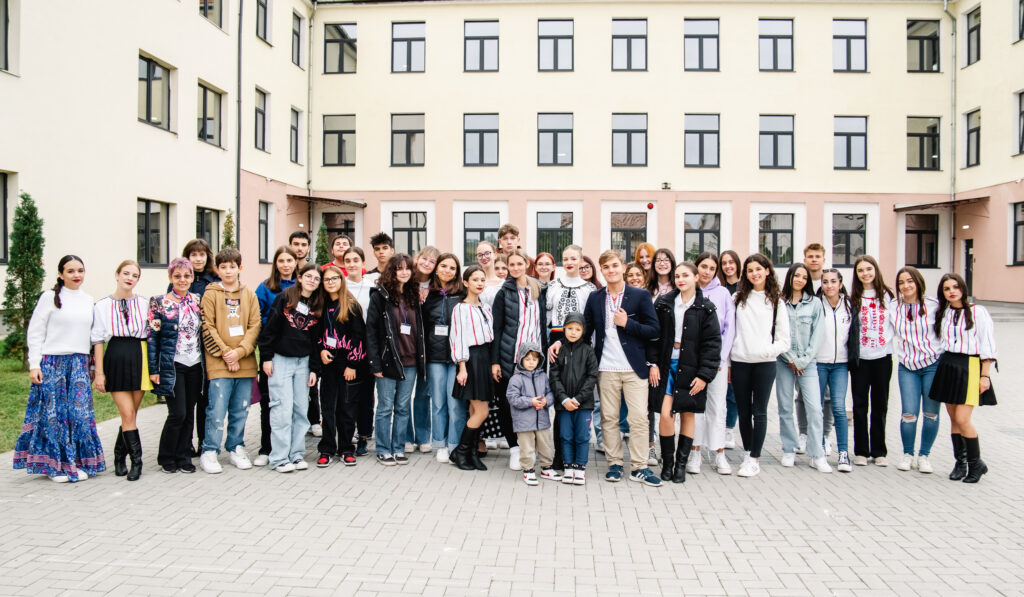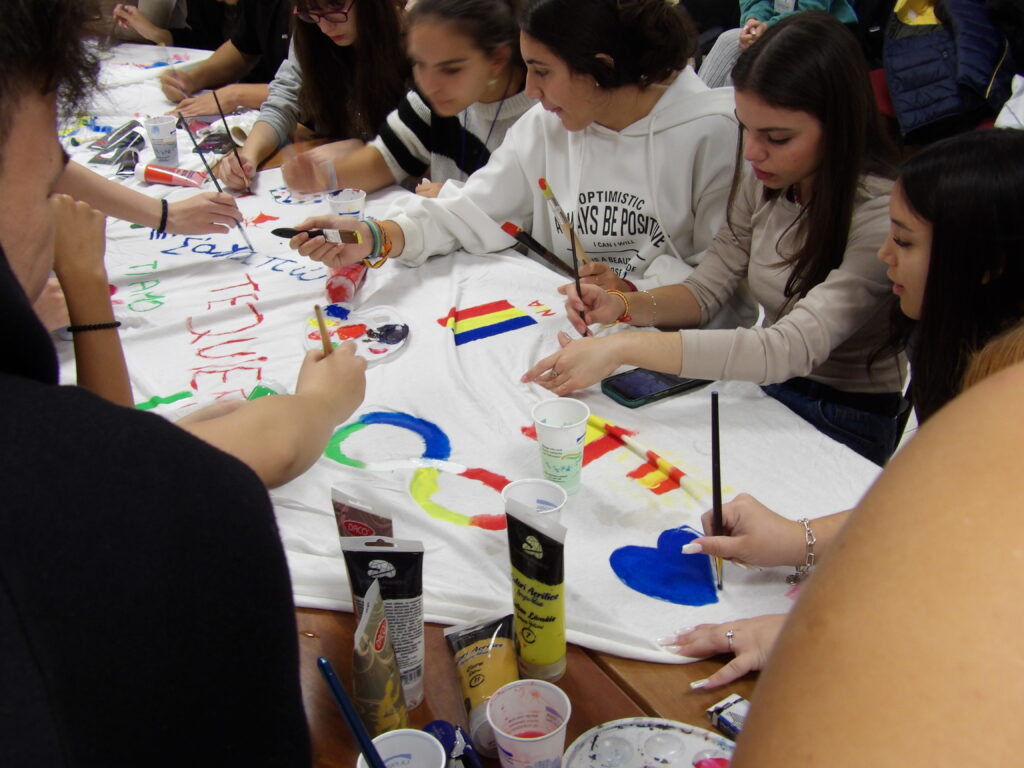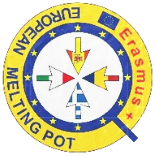PROJECT SUMMARY

Type: Cooperation partnerships in school education Field: Erasmus+ Action Type: KA220-SCH: School Education Project
Title: EUROPEAN MELTING POT
Project Acronym: EMPathy
Coordinator school: LICEUL TEORETIC PAVEL DAN,
CÂMPIA TURZII, ROMÂNIA (E10120118 -Romania)
Partners:
GUMNASIO AND HIGHSCHOOL OFSKRIPERO
CORFU (E10008933 – Greece)
Istituto Comprensivo Statale “Torelli – Fioritti” (E10090294 – Italy)
IES VALLES DEL LUNA (E10165497 – Spain)
Priorities: HORIZONTAL: Addressing digital transformation through development of digital readiness, resilience and capacity/ Inclusion and diversity in all fields of education, training, youth and sport
SCHOOL EDUCATION: Development of key competences
Topics: Cultural heritage Digital content, technologies and practices
Inclusion, promoting equality and non-discrimination Motivation: We are living difficult times these days when schools had
to and still need to face new and challenging situations in order to continue their work and to provide their students with
education and prepare them for the next steps in their lives. The Covid19 pandemic that started in 2020 was the cause of
school closing in almost all European countries making already existing social inequities even worse. Children coming
from families with low or very low incomes, children living in rural areas with poor infrastructure, children belonging to
ethnic and linguistic minorities, children with disabilities or even migrants or refugees who were already facing significant
barriers in their access to education were by far the most affected. Teachers and school headmasters found themselves
in a very challenging situation. The pressure they bear gets even stronger as they are acknowledging that the way they
are dealing with all this will have a long term influence on both social and economic sides of the students and their
families’ life as well as of the community they belong to. That is why, it is of utmost importance to implement a digital
transformation programme in all partner schools as soon as possible which will help us support both students and
teachers in learning to adequately use digital technology in educational and training activities with the purpose of
teaching, learning, evaluating and actively participating in the educational activity. All partner schools have very varied
students, coming from different environments such as mono parental families, minorities, social problem families,
students living in the countryside, immigrants or refugees and also students with varied special needs that require special
attention and methodology as their curriculum must be meaningfully adapted. SWOT analysis made by all partner schools
highlights the following common needs: -the need to make the educational process more flexible by combining the
traditional style with the opportunities offered by technology and e-learning platforms so as the entire process be focused
on developing functional competences in our students- supported by this project; -the need to change the teachinglearning
process using such techniques as to facilitate the inclusion of students with fewer opportunities and treat them
equally; -the need to increase the number of teachers and students able to use the existent digital tools creatively and
innovatively in order to make the didactic process more efficient and to ensure students’ active involvement in it -the need
to improve teachers’ and students’ social and communication in a foreign language competence through collaborative
activities -the need to create a students’ community based on democratic principles in which they are taught to think, to
act rationally, accepting, treasuring and respecting their peers’ values and principles. Projects activities are organized to
meet all these, especially by its unique blending of traditional (cultural heritage) and modern approaches.
OBJECTIVES

PROJECT OBJECTIVES:
1. Reduce discrepancies related to access to education of the students coming from disadvantaged backgrounds.
Output indicator- the number of students which have low ICT and technologies competences
Target – number of students decreasing by 20%, measured by the average annual grade
2. Develop digital competences of the students and teachers in all partner schools by exploiting the opportunities provided by digital technologies.
Output indicator – the number of teachers and students using ICT in the teaching/ learning process
Target increasing the number of teachers and of students using ICT by 15% measured by questionnaires applied at the beginning and ending of the project, online quizzes
3. Develop the students’ civic attitude, tolerance, mutual respect, acceptance and resilience
Output indicator – number of students involved in civic, cultural activities promoting European common values and the fundamental rights
Target – 10% growth of the students involved in civic, cultural activities
promoting European common values, measured by attendance forms, activity reports, statistics.
4. Improve student’s school results based on the development of the eight key competences
Output indicator – the annual average grade of the students involved in the project
Target- minimum growth of 5%.
